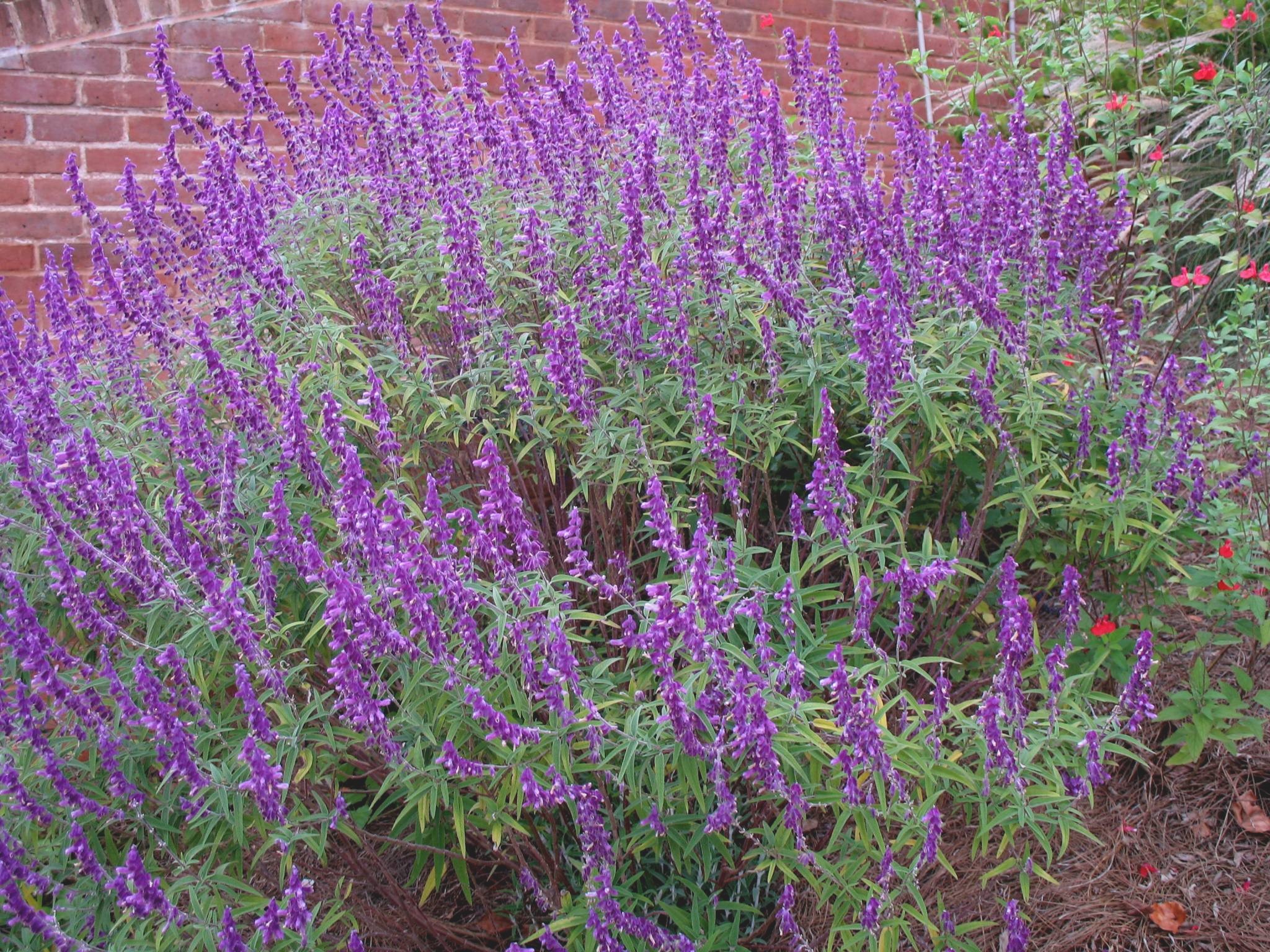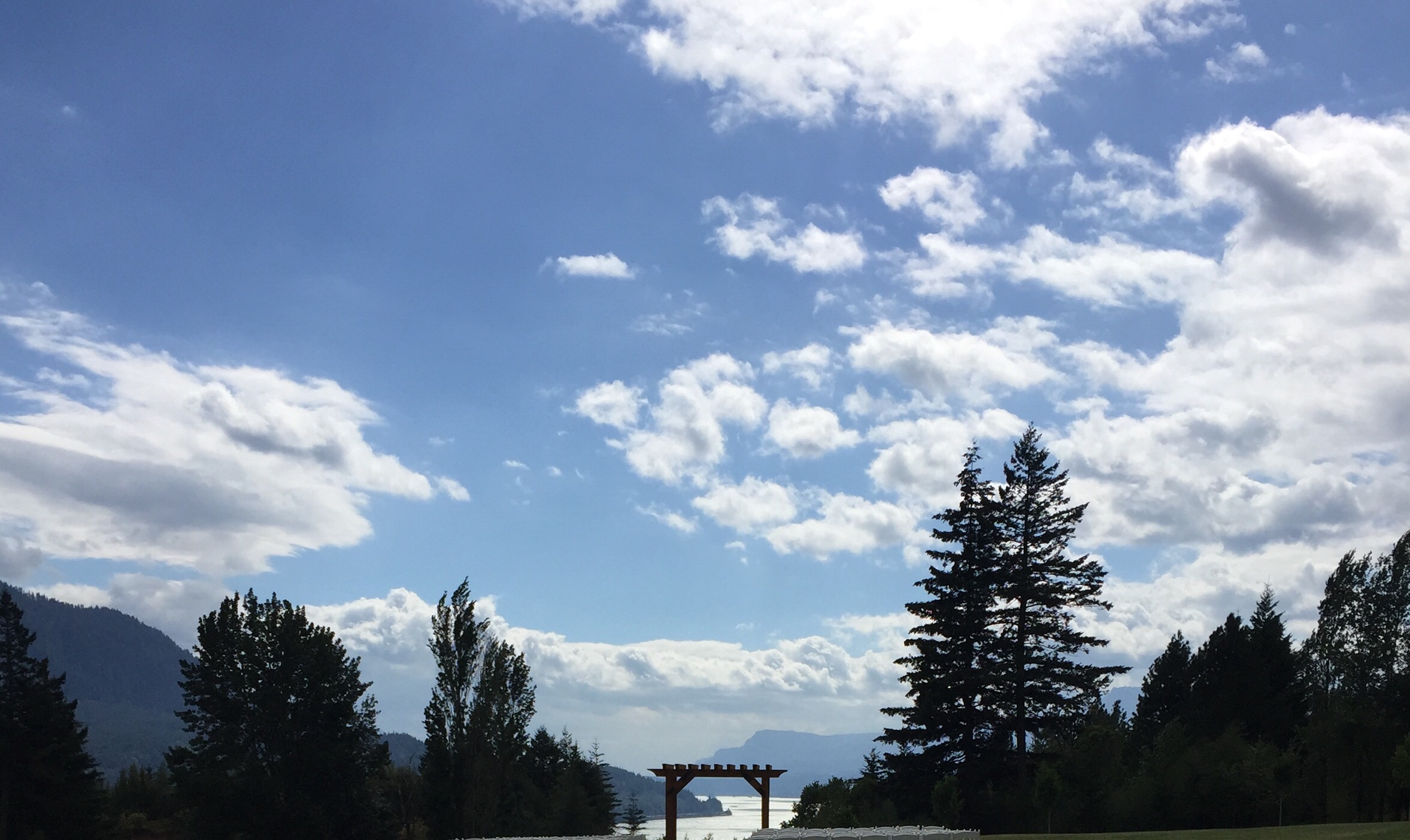I’ve been thinking about death this morning; doesn’t everyone this time of year?
It was three years ago today that my dad died. I was not with him, but my mom and sister, faithful women that they are, were there. I was at the pediatrician’s office with my daughter. While we were in the waiting room, my sister texted that the hospice nurse said it wouldn’t be long. After that, I turned off my phone until we got home. And there was the message: Dad died.
Three years out the pain is different – less acute, more wistful. I think about my dad, and so many others, who were so full of life and now… aren’t. I don’t mean that facetiously or sarcastically. It’s just that we live and then we all die and that is terrible and normal.
This time of year I think a lot about incarnation, too; doesn’t everyone?
I have those moments of wondering why in the world God would choose to become incarnate, to take on this mortal coil only to have to shuffle it off in a mere thirty-three years. I wonder why God would choose to take on frail flesh, with skin that gets cut, and bones that break, and heads that ache, and hearts that ache. Honestly, it makes no sense, but then again, very little about faith does make sense. That’s what makes it so interesting and fun.
I try to make friends with death, given its inevitability and omnipresence, but it’s hard. Maybe my real struggle is with incarnation. Why this form of creation? Why create stunning elm trees so vulnerable to fungus? Why polar bears that die out as earth warms? Why the engineering and biological marvel of the human body that only lasts four score or so years?
Honestly, I don’t know. It does seem to be a significant design flaw.
Or is it?
One of the things I loved about the ending of The Good Place (semi-spoiler alert here) is the realization that things are meaningful because they don’t last forever. Our finity defines us, and that is not a bad thing but may in fact be the best thing.
I don’t want Christmas to last forever. I don’t want this pandemic to, either. There are people who I hope to have around for a long time, and people who I wish had lived a few more years. But that isn’t up to me. (It’s not up to you, either….)
So then, what shall we say? Eat, drink and be merry, for tomorrow we perish? All we have is the present? Love them now, don’t wait till they’re gone away? Life is short, and we have but little time to gladden the hearts of those who sojourn with us? (Henri-Frederic Amiel)
All of the above.
Well, that’s probably enough melancholy musing for this day. Be well. Hug yourself. Call someone who needs to know that you love them. And indeed, be swift to love, and make haste to be kind. (Amiel again.)
Love to the loveless shown that they might lovely be.
Oh, who am I, that for my sake
My love should take frail flesh and die.
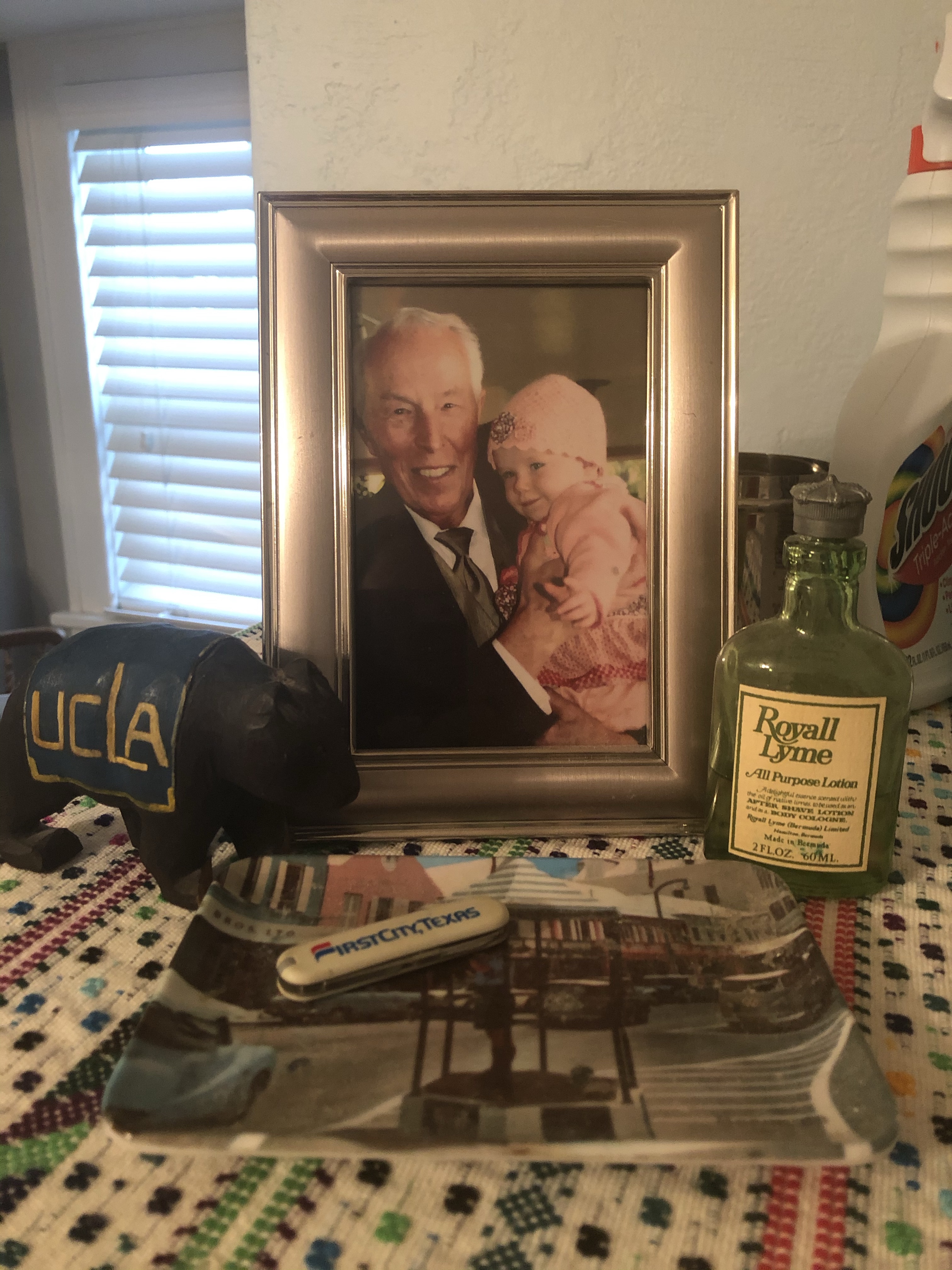
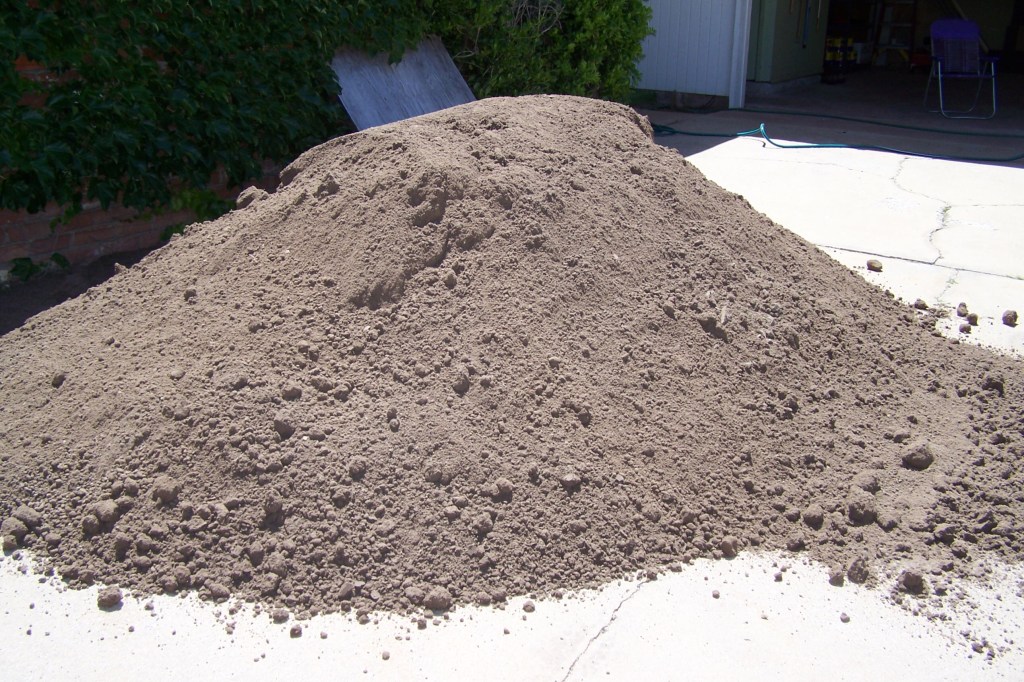
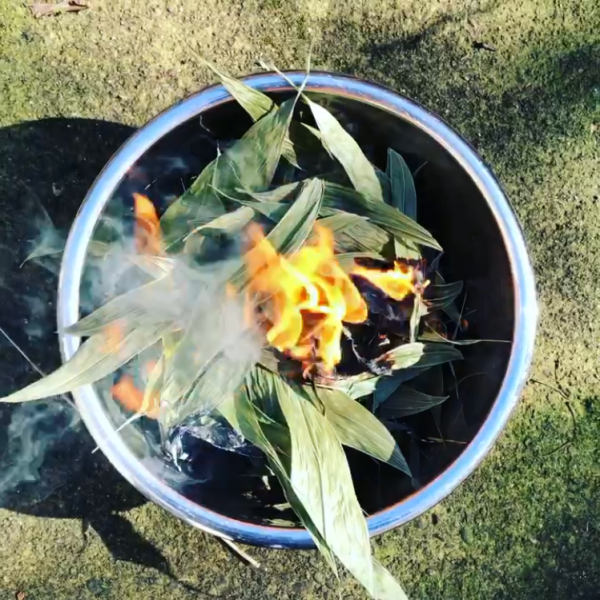 I ran home at lunch today to burn last year’s palm leaves. It’s a funny smell and my neighbors might have wondered just what the minister next door was doing. Nothing untoward, truly – unless you consider taking a symbol of honor and life (the palm) and burning it to ashes to remind people that they are oh, so mortal untoward.
I ran home at lunch today to burn last year’s palm leaves. It’s a funny smell and my neighbors might have wondered just what the minister next door was doing. Nothing untoward, truly – unless you consider taking a symbol of honor and life (the palm) and burning it to ashes to remind people that they are oh, so mortal untoward.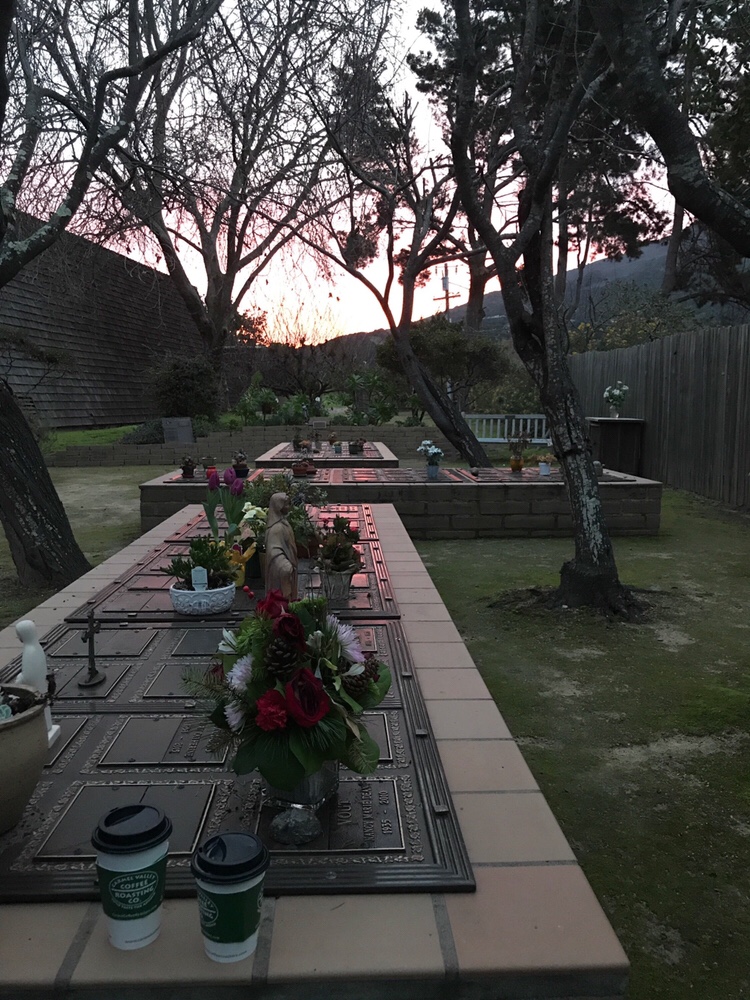
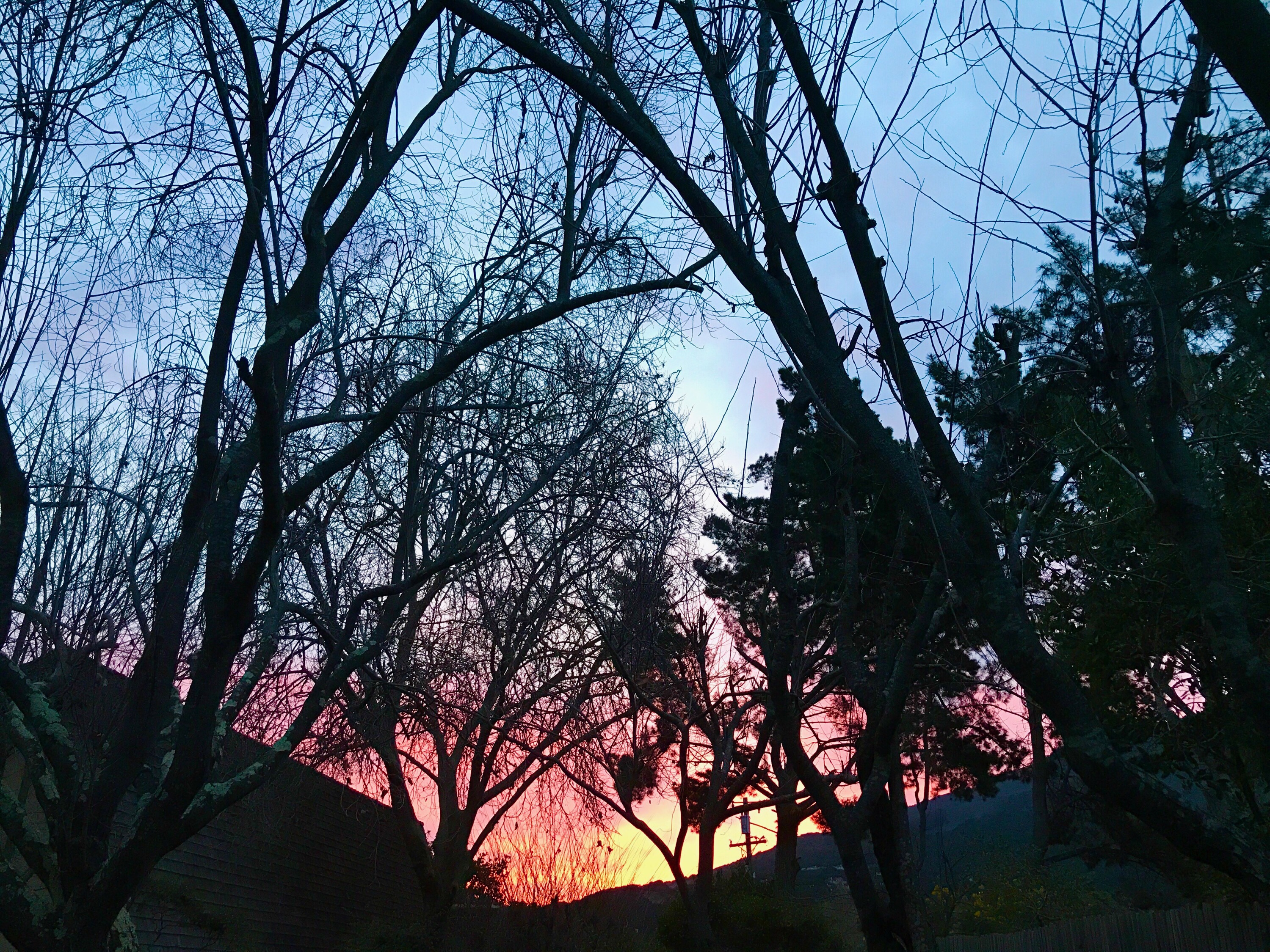
 For Jack, Annie, Tom, and Grace
For Jack, Annie, Tom, and Grace